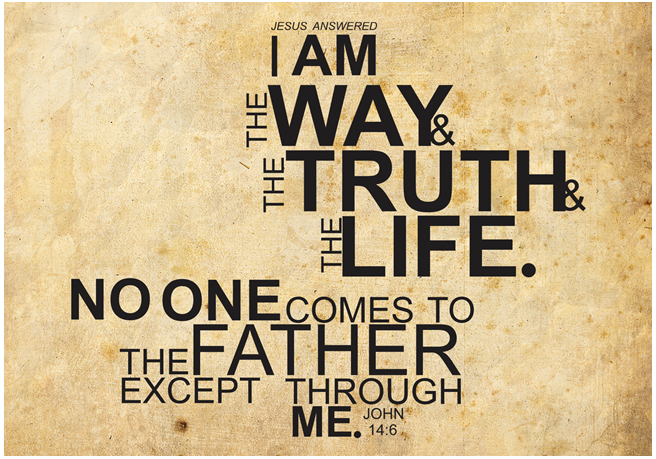John 3: Do you know what you don’t know?
“Are you the teacher of Israel, and do not know these things? (Jn 3:10)
Nicodemus, one of the Pharisees, came to Jesus by night. After addressing Him “Rabbi”, the first thing he said was “we know”. Jesus did not commend Nicodemus for recognising Him as a teacher from God. Instead, He proceeded to show the Pharisee what he did not know.
“These things”
Pharisees, with their rigorous Torah training, should have understood “wondrous things” from God’s law but their eyes were not opened (Ps 119:18; Jn 9:40-41; Mt 15:14; 23:26).
The need to be born again was foreign to Nicodemus and his fellow Pharisees. Many of them did not even acknowledge their fathers were once slaves in Egypt, much less, slaves of sin (Jn 8:32-34)
The need for estranged Israel to be born again as God’s children through immersion into the Messiah had not dawned on them:
… and the world did not know Him… But as many as received Him, to them He gave the right to become children of God, to those who believe in His name: who were born, not of blood, nor of the will of the flesh, nor of the will of man, but of God. (Jn 1:10-13)
We speak what we know and testify of what we have seen. If only we would listen to the witness of the One who came from heaven (v13)! We will not only gain spiritual insight on earthly things but understand even heavenly things.
“Heavenly things”
Do not marvel that I said to you, ‘You must be born again.’ The wind blows where it wishes, and you hear the sound of it, but cannot tell where it comes from and where it goes. So is everyone who is born of the Spirit.” (Jn 3:7-8)
If the baptism of John was from heaven (Mk 11:30-32), how much more would the new birth be! This was too baffling for Nicodemus who asked, “How can these things be?”
Israel’s history was nothing short of a tremendous blessing of experiencing God here on earth – for what great nation is there that has God so near to it? (Deut 4:7). After declaring that God came in the flesh to dwell among men (Jn 1:14), the Gospel goes on to talk about the mystery of Christ’s sacrifice as seen through Israel’s earthly experience of the Divine – from the Lamb of God (Jn 1:29) to the temple of His body (Jn 2:21) to the serpent in the wilderness (Jn 3:14).God’s faithfulness to Israel expands into His grace for the world at large – whoever believes in Him should not perish but have eternal life (Jn 3:15-16). But before the nations receive this good news, the Messiah would personally reveal Himself to a Samaritan woman, a descendant of Jacob “lost” when the 10 northern tribes were deported from the promised land.


